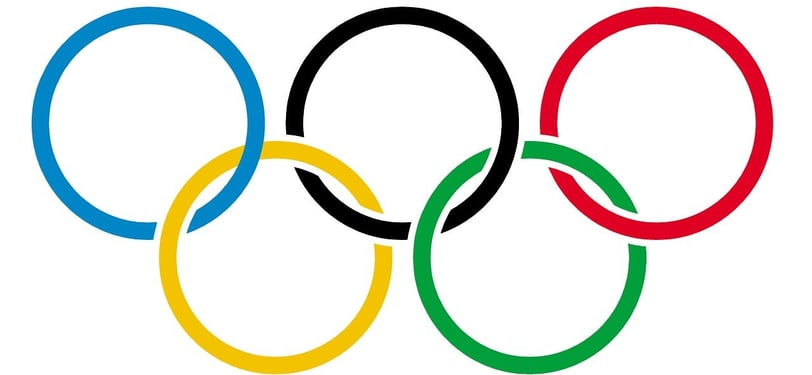The Olympic Games and the Prohibition of Political and Religious Protests: A Complex Legacy
The Olympic Games prohibit political and religious protests to maintain their neutrality and focus on sports, though this rule is increasingly contested in light of modern social justice movements.
SPORTS


The Olympic Games, a symbol of global unity and peace, are governed by a set of rules aimed at maintaining their apolitical and neutral nature. One of the most significant and often debated regulations is the prohibition of political and religious protests by athletes during the Games. This ban, rooted in the principles of the International Olympic Committee (IOC), has been a subject of controversy and discussion, particularly in the lead-up to recent Olympics.
The Foundation: Rule 50 of the Olympic Charter
The prohibition against political and religious protests at the Olympics is primarily enshrined in Rule 50 of the Olympic Charter. This rule explicitly states that "no kind of demonstration or political, religious, or racial propaganda is permitted in any Olympic sites, venues, or other areas." The rationale behind this rule is to preserve the Olympic Games as a neutral ground, free from the conflicts and divisions that might otherwise spill over from the political world into the sporting arena.
The origins of this rule date back to the early days of the modern Olympic movement, founded by Pierre de Coubertin in the late 19th century. Coubertin envisioned the Games as a means to promote peace and mutual understanding among nations, which required a strict separation from the political tensions of the time.
Historical Context and Notable Protests
Despite the strictness of Rule 50, the Olympics have seen their share of political protests. The most famous of these occurred during the 1968 Mexico City Olympics when American athletes Tommie Smith and John Carlos raised their fists in a Black Power salute during the medal ceremony. This act of protest against racial injustice in the United States became an iconic moment, highlighting the power of the Olympic platform for global visibility.
Other notable incidents include the 1980 U.S.-led boycott of the Moscow Olympics in protest of the Soviet invasion of Afghanistan, and the 1972 Munich Games, which were marred by the tragic terrorist attack against Israeli athletes.
The Contemporary Debate: Calls for Change
In recent years, the relevance and fairness of Rule 50 have been increasingly questioned. The rise of global social justice movements, such as Black Lives Matter, has intensified the debate on whether athletes should be allowed to use their platform at the Olympics to advocate for causes they believe in. Critics argue that the rule suppresses freedom of expression and forces athletes to remain silent on issues of critical importance to them and their communities.
The IOC has attempted to address these concerns through various consultations with athletes and stakeholders. In the lead-up to the Tokyo 2020 (held in 2021 due to the pandemic), the IOC made some adjustments, allowing athletes to express their views in specific contexts, such as during press conferences and on social media, but maintaining the ban on protests during competition and medal ceremonies.
The 2024 Paris Olympics: A Test of the Rules
The ongoing relevance of Rule 50 was again put to the test during the 2024 Paris Olympics, set against a backdrop of global political tensions. The war in Ukraine, the conflict in Gaza, and domestic protests in France all added layers of complexity to the Games. Despite these challenges, the IOC upheld the ban on political and religious demonstrations during the Games, emphasizing the importance of keeping the event focused on sport and not allowing it to become a stage for political battles.
However, the controversy over this stance continues. Many athletes and advocacy groups argue that the Olympics, as a global event watched by millions, is the perfect platform to raise awareness on critical issues such as human rights, racial equality, and social justice. The IOC's commitment to neutrality, while respected by many, is seen by others as a denial of athletes' rights to speak out.
Conclusion: Balancing Neutrality and Expression
The prohibition of political and religious protests at the Olympics reflects the IOC's long-standing commitment to maintaining the Games as a neutral and unifying event. However, the evolving global landscape and the increasing willingness of athletes to engage in activism pose significant challenges to this policy. As the debate continues, the IOC will need to find a balance that respects both the tradition of the Games and the rights of athletes to express their beliefs. The Paris 2024 Olympics have shown that this issue is far from settled, and the future may see further changes to how the Olympic Games navigate the complex interplay of sport, politics, and global society.
